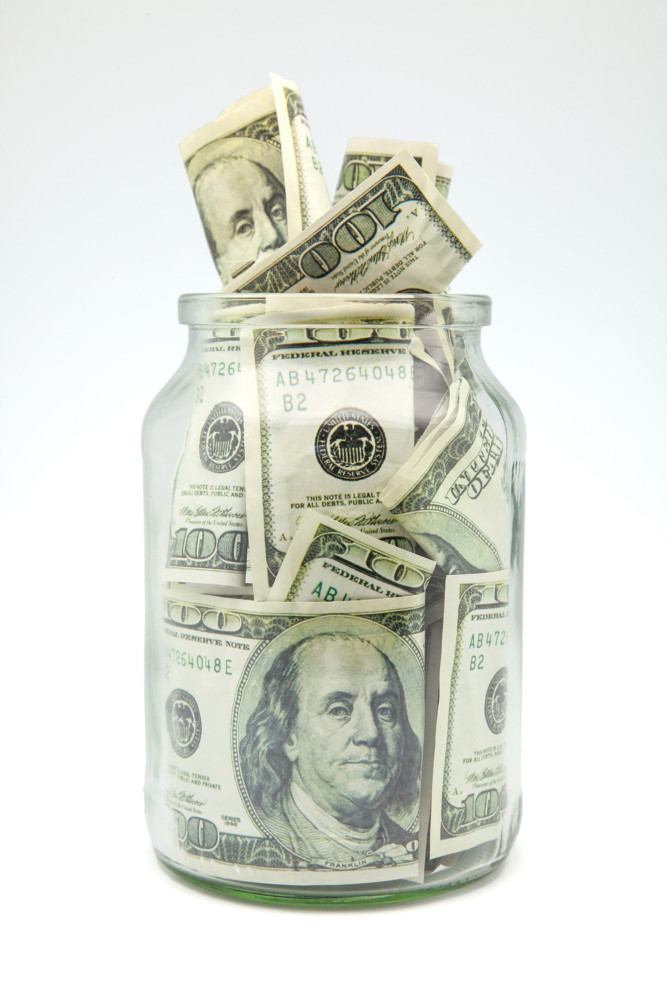By Janet Aschkenasy
GOBankingRates.com.
Once upon a time, young professionals and college grads who took out personal loans were thought to be financially troubled in a big way.
But after the financial crisis sent more and more college graduates back to school to gain additional degrees and more credibility with employers, consolidating student loans has actually become the norm after graduation, said Dave Hardin, president of Hardin Financial Group in Bloomfield Hills, Mich.
“If I had taken out a personal loan back in the ’60s, anyone that knew about it would have thought that I was desperate,” said Hardin. But “college graduates and student loan debt have created a new scenario where debt consolidation into a fixed-rate personal loan makes sense.
“Today, it’s not unusual for a college student to come away with perhaps $100,000 worth of student debt,” he said. “Once you’ve gotten loans for four, five or six years, it makes sense to consolidate them with a personal loan.”
WHY PERSONAL LOANS HAVE GROWN IN POPULARITY
Consumers have increasingly tapped personal loans in recent years in part because interest rates are low, enticing borrowers to consolidate credit card debt that often carries high interest rates, said Kirk Jewell, founder of Global Financial Services in Flint, Mich.
He also said that consumers prefer the terms that come with a personal loan versus a credit card. Monthly payments, length of term and interest rate are stated at the beginning of the loan and typically won’t change over time, making it easier to budget and forecast future cash flows, said Jewell. Moreover, they’re not secured by borrower assets.
The Great Recession hurt all lending activity, especially personal loans, he noted. However, lending conditions have since eased considerably.
WHY YOU SHOULD, OR SHOULDN’T, BUY INTO THE HYPE
According to the National Credit Union Administration, unsecured personal loans increased to $31.1 billion in 2014, from $25.5 billion four years earlier.
Clearly, individuals are taking out more loans than they used to. But does it make sense to do so?
“Many young people in particular have very little education in how to manage their finances as they join the adult world with adult responsibilities,” Hardin said. Consequently, “they end up with a high-interest card because they have no credit history.
“They may find themselves over their head with multiple high-interest cards. At this point, a lower-interest personal loan to pay these cards off can make sense,” he said.
Another advantage to taking out a personal loan is that unlike credit cards, where rates may double or even triple over time, personal loan rates are fixed, Jewell noted.
One thing to keep in mind: interest rates for personal loans do tend to be lower than those with credit cards, but individuals with poorer credit scores will be charged significantly more to secure a personal loan, Hardin said.
EXPENSES YOU CAN PAY WITH A PERSONAL LOAN
Personal loans can be used for paying a tax bill, medical debt, to make home improvements and more. They’re flexible, and in some cases, getting a personal loan can happen pretty quickly. So accessing the funds in a day or so would be useful for those seeking to pay overdue bills, for example.
Experts say it’s best to use these loans to pay off debt and caution against spending these funds frivolously.
___
Janet Aschkenasy writes for GOBankingRates.com, a leading portal for personal finance news and features, offering visitors the latest information on everything from interest rates to strategies on saving money, managing a budget and getting out of debt.














































































































































































































































































































































































